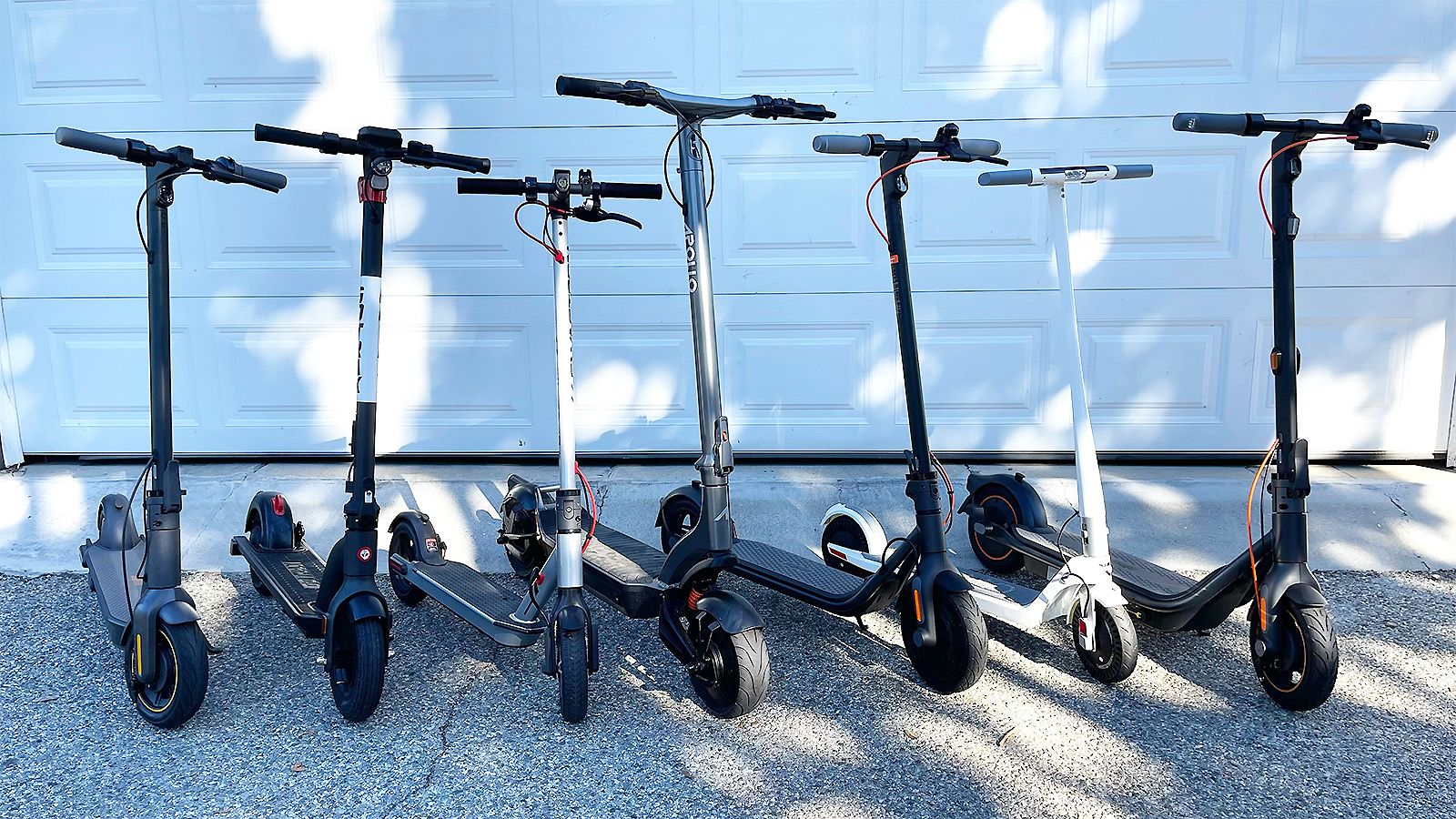Electric scooters have surged in popularity in recent years, transforming urban landscapes and redefining personal transportation. Their rise is attributed to a combination of technological advancements, environmental concerns, and the quest for efficient and affordable mobility solutions. This article delves into the evolution, benefits, challenges, and future prospects of electric scooters.
Evolution of Electric Scooters
Electric scooters, often referred to as e-scooters, began gaining traction in the early 2010s. Initial models were simple and limited in range and speed, but advancements in battery technology, motor efficiency, and lightweight materials have led to more sophisticated designs. Companies like Bird and Lime spearheaded the shared e-scooter model in 2017, flooding cities with rentable scooters accessible via smartphone apps. This model quickly spread worldwide, igniting a global e-scooter boom.
Benefits of Electric Scooters
- Environmental Impact: E-scooters produce zero emissions during operation, offering a greener alternative to traditional gasoline-powered vehicles. Their widespread adoption can significantly reduce urban air pollution and carbon footprints.
- Cost-Effective Transportation: For individuals, e-scooters offer a cheaper alternative to cars and public transportation. Shared e-scooter services usually charge by the minute, making them an affordable option for short commutes.
- Ease of Use and Convenience: E-scooters are lightweight, easy to ride, and can be parked almost anywhere, making them incredibly convenient for navigating congested urban areas. Their compact size allows riders to bypass traffic, reducing commute times.
- Reduction of Traffic Congestion: By providing an alternative to cars, e-scooters help alleviate traffic congestion in busy cities. This can lead to smoother traffic flow and shorter travel times for all commuters.

Challenges Facing Electric Scooters
- Safety Concerns: The rapid proliferation of e-scooters has raised safety issues. Riders often share roads with cars and pedestrians, leading to accidents. Lack of proper infrastructure, such as dedicated scooter lanes, exacerbates these risks.
- Regulation and Legislation: Governments and municipalities struggle to keep up with the fast-paced growth of e-scooters. Developing and enforcing regulations on speed limits, parking, and helmet use is crucial to ensuring safety and order.
- Sustainability of Shared Models: While shared e-scooter services are popular, their sustainability is questioned. Scooters often have short lifespans due to vandalism, theft, and intense usage. This leads to frequent replacements, which can offset environmental benefits.
- Public Perception: The sudden influx of e-scooters in urban areas has led to mixed reactions. Some residents appreciate the convenience, while others view them as nuisances cluttering sidewalks and creating hazards.
The Future of Electric Scooters
The future of electric scooters looks promising, with continuous innovations poised to address current challenges. Here are some trends and predictions:
- Improved Infrastructure: Cities are likely to invest in better infrastructure to accommodate e-scooters, including dedicated lanes and parking zones. This will enhance safety and streamline scooter integration into urban mobility networks.
- Technological Advancements: Ongoing improvements in battery life, durability, and smart technology will make e-scooters more efficient and reliable. Features such as GPS tracking, anti-theft systems, and automated maintenance diagnostics are becoming standard.
- Integration with Public Transport: E-scooters will increasingly complement public transport systems, providing first-mile and last-mile solutions. Partnerships between e-scooter companies and public transit authorities will enhance connectivity and accessibility.
- Enhanced Regulation: Policymakers will continue to refine regulations to balance innovation with safety and public order. Expect more comprehensive frameworks governing e-scooter use, including mandatory helmet laws and speed regulations.
- Focus on Sustainability: As environmental concerns grow, e-scooter companies will focus on enhancing the sustainability of their operations. This includes using recyclable materials, implementing greener production processes, and extending the lifespan of scooters.

Conclusion
Electric scooters have undeniably revolutionized urban mobility, offering a sustainable, efficient, and flexible mode of transport. While challenges persist, the ongoing evolution of technology, infrastructure, and regulation promises to solidify e-scooters’ role in the future of urban transportation. As cities adapt and innovate, e-scooters will likely become an integral part of the urban mobility ecosystem, driving us toward a greener and more connected world.

















Leave a Reply